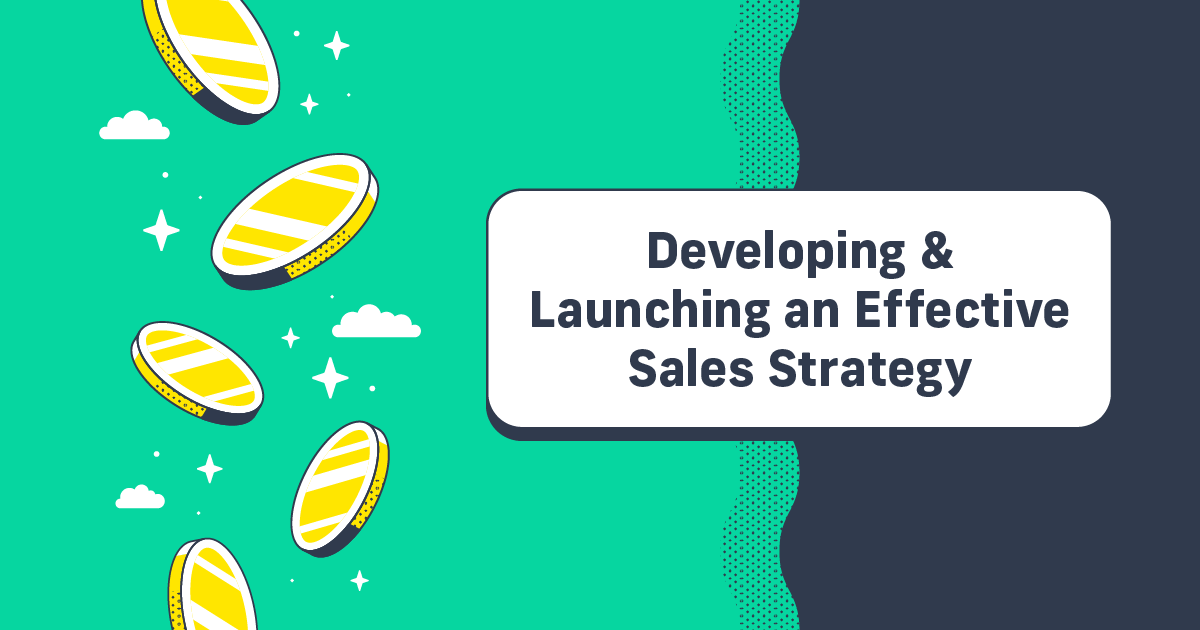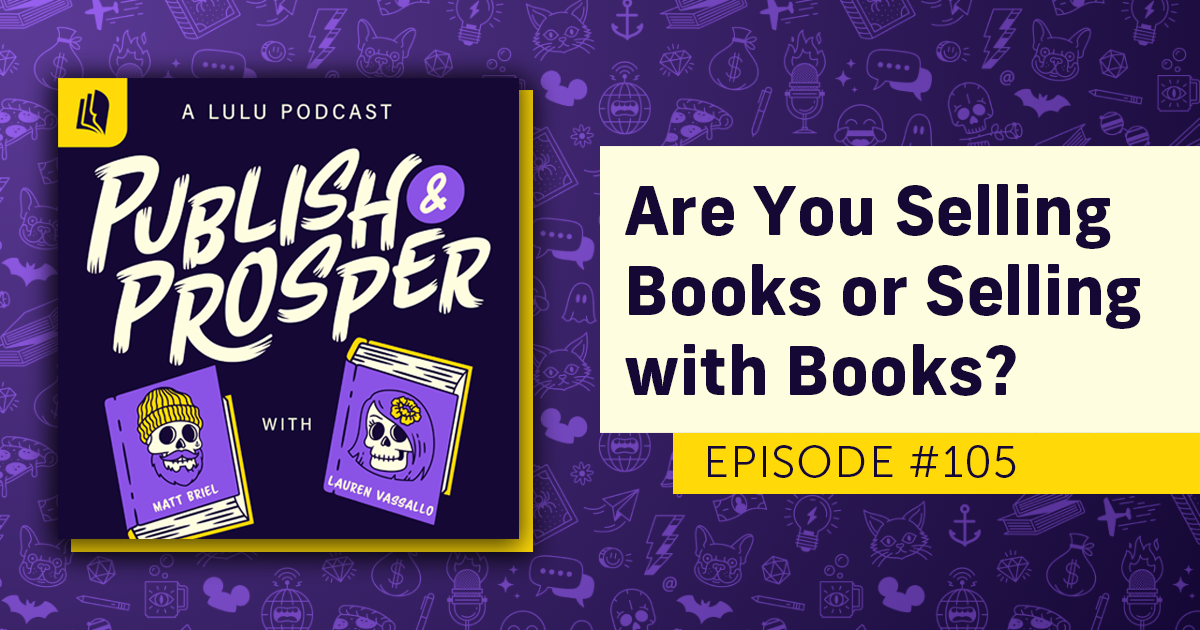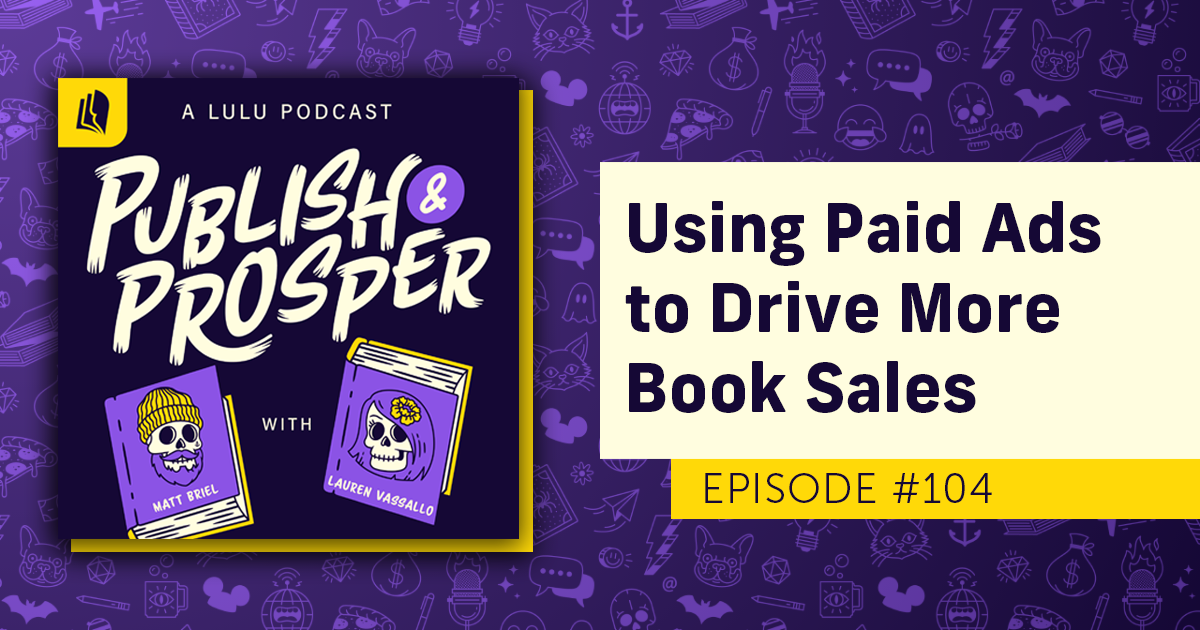How to Plan & Promote Your Book Pre-Launch
Navigating a book’s pre-publication timeline can be a confusing process. How do I accumulate pre-sales? Do I need to focus on social media? I’m so busy re-editing, how do I even have the time or money to put resources into marketing ahead of time?
We’re here to help! While we may not have all the answers about your specific launch, I’m hoping this blog will give you a better mind map of what needs to happen ahead of the launch date. The slow build over several months to a year can have an impact on the success of your book.
First Steps in Your Publishing Plan
There are a variety of ways to publish a book—the three basic methods are traditional, hybrid, or self-publishing. Each method comes with its very own set of marketing challenges and launch tasks the author must accomplish. While do-it-yourself might not seem like the most task-free route when launching a book, an exhaustive search for an agent or publisher can be a soul-crushing experience. Hybrid has its own set of head-scratchers as time and time again you have to go back to your hybrid publisher agreement to understand what exactly is provided, and more importantly—what’s not.
I’ve worked with many hybrid-published authors who come to me post-launch with the epiphany “I didn’t realize how much marketing effort is needed from me.” With traditional and hybrid publishing, you might have resources available to execute pre-publication planning, launch date events, pre-sale activities, and marketing—but it’s not guaranteed. Publishers evaluate forthcoming titles and the potential return on investment to decide where to allocate resources like targeted ads and media outreach, and not all books make the cut. Publishers are businesses after all, and book sales are the goal.
If you’ve made it this far in the blog, I’ll assume you are considering the self-publishing route, and with that, the pre-publication timeline is a constant “Am I doing this right?” question. Here are just a few common FAQs around the pre-publication timeline:
How Do I Set My Launch Date?
It’s up to you! But give yourself time; plan even up to a year out. Consider if there is a natural tie-in to your book’s launch date. Writing a WWII historical fiction series? Then maybe consider a significant WWII anniversary as the launch date. Leave enough time before the launch date to fit in all pre-launch marketing tasks included in your strategy.
It’s also a good idea to leave a bit of a cushion for the last round of edits, unforeseen delays, or anything that might push the date back. I encourage you to not get too focused on the precise date. There’s much to be done in the months to come and post-launch that will require your attention.
Word of advice: It is best to stay away from the Q4 holiday season for a book launch.
What Needs to Be Done Ahead Of My Book Launch?
This will vary based on your resources, goals, time, and audience. If you’re writing a family history book, your audience is limited to your family. Planning might just include organizing a family event and having enough books printed.
If your book complements your profession, you’ll want time to assemble a larger strategy. That includes using your book to elevate your platform or be a path to speaking engagements. You’ll be sending review copies to potential media outlets, seeking media (radio, podcast, etc.) interviews based on your subject matter, and byline article placement 1-5 months ahead of the publication date.
If you’re a fiction writer, the focus ahead of time will be to secure as many reviews as possible.
How Do I Get Reviews?
You can accumulate reviews in a variety of ways. It’s nice to build some reviews before your book launch. Even if you don’t have the cover ready or final edits in place, you can print review copies by uploading the PDF to Lulu, creating a cover that has basic information—title, author, and the words “advanced reader copy”, so the reader understands it’s not the final version.
Remember your trusted circle of friends/family who encouraged you along the way with writing? Make a list of them, shoot for somewhere between 25-50 readers. Send them a physical or digital copy and ask for honest feedback.
For very honest feedback, I’d also encourage you to look into paid reviews, like these review services. It’s worth having unbiased feedback from someone you won’t see at Thanksgiving dinner. Reviews can be placed on your website, on your social media channels, or on a sales page where pre-sales are being collected.
Do I Need To Have Pre-Sales Available?
Not necessarily, but data shows that pre-sales can generate a good amount of traction for your overall sales. Pre-sales can be handled a few different ways, but it’s best if you do pre-sales through your own website. Shopify offers great advice about how to handle pre-sales through your Shopify store.
If you’re using Lulu Direct for book fulfillment, once you’ve collected pre-sales, add the payment method to your Lulu Direct app in Shopify and send us all orders at once for fulfillment.
Bestselling author Brandon Sanderson received about 70% of total sales by launch day for a recent title. His audience buys directly from his website, giving him important customer data insights versus using KDP presales, and giving up his customers to Amazon.
Book pre-orders can be compared to the line outside the restaurant door. It’s close to dinnertime. You’re driving by and see the hype, wondering “What’s that place? Do I need to go there? Obviously, it’s a hit or there wouldn’t be that many people outside.” Can you generate the same hype for a book? Yes, you can.
Where Do I Go From Here?
If you’re new to publishing, what happens before a book launch might be surprising to you. It’s good to put your resources to work where success is attainable. Don’t focus your efforts on major newspaper reviews. The New York Times receives advanced reader copies up to one year in advance from traditional publishers and only reviews about 1% of books that come out in any given year.
Do you have a website? You need one. An author website is the central location for your author brand. Luckily, if you have a computer and internet access, you can easily build one yourself using a platform like Shopify or WordPress. You can also find helpful tools to create a bookselling business. With a website, you can generate pre-sales, understand who is buying your book, and measure book success out of the gate.
Planning Your Marketing Timeline
Creating a timeline for your book launch is an ongoing process. It’s best to begin with a plan, understanding that tweaks along the way are necessary. It’s not a one-size-fits-all process. The timeline will vary depending on genre, overall goals, budget, and resources. Staying organized with a written plan, tasks on a calendar, and a list of readers/contacts will help you stay on top of it.
Sample Timeline
12 Months Until Launch:
- Determine your marketing budget: What can you do on your own? Do you need to set aside funds for advanced review copies? Where might you need help—social media? PR? Research where you’ll want to allocate funds for marketing help.
- Create your website – If you are diving into pre-sales, check out Lulu Direct for easy print fulfillment integration.
- Cover selection! Have a few covers mocked up for a test group (heeey family, friends, and followers!) to decide on. Send an online survey to them and ask for feedback. Covers matter.
- Set a tentative launch date and outline any events to coincide with the launch. This might be a small party, a reading at a local library or bookstore, or an event that falls in line with the theme of your book.
- Set up Social Media – Pick just a few, you don’t need to do all of them just because they are available. It’s better to be engaged with a few than struggling to be on all of them.
6 Months Until Launch:
- If you’re tackling marketing yourself, make a list of any potential local media and genre bloggers who might be interested. Either reach out to them, offering an advanced review copy or go ahead and mail advanced copies to media who are a natural fit to review. Don’t expect anyone to purchase these, review copies should be free to the reviewer. Send these with tailored cover letters and metadata about the book, including launch date, ISBN, price, contact information, a synopsis, and any launch events that might interest them. Plan to follow up over the next few months.
- Send some copies to your friends and family who have supported you along the way and ask for feedback and reviews to use on your website and social media.
- Seek a professional review, if your budget allows.
- Research indie/self-published book awards you might qualify for, and mail copies for submission.
- Selling directly or gathering presales? Test your website’s buying process. Make sure the sales cycle and customer communication work seamlessly. Maybe ask a friend to also test it and let you know if there is room for improvement.
- Start generating your email subscriber list. These are people who subscribe to your list through your website. Maybe you’ll offer them a valuable newsletter, a free first chapter (digital download!), or a coupon for signing up. Include links to subscribe to your email list on your social media accounts.
3 Months Until Launch:
- Turn on the pre-sales spigot! Begin gathering pre-orders and use any reviews accumulated to generate buzz for the book. If you have an email list to target, invite them to buy.
- Event planning? Share the news! Send invites to anything you have planned for the launch.
- Follow up with any outstanding media contacts, readers/reviewers, and tie up any outstanding event logistics planning.
1 Week Until Launch:
- Take a deep breath. You’re ready for this. By now, hopefully, you’ve generated some momentum towards the launch of your book.
- Follow up one last time pre-launch with all media, personal contacts, and anyone else who said they have an interest in the book.
- Tie up any loose ends for all launch events.
Congratulations, you’re a published author! Take any marketing momentum with you post-launch, building on any new reviews and buzz generated. Hopefully, the hard work has paid off!




